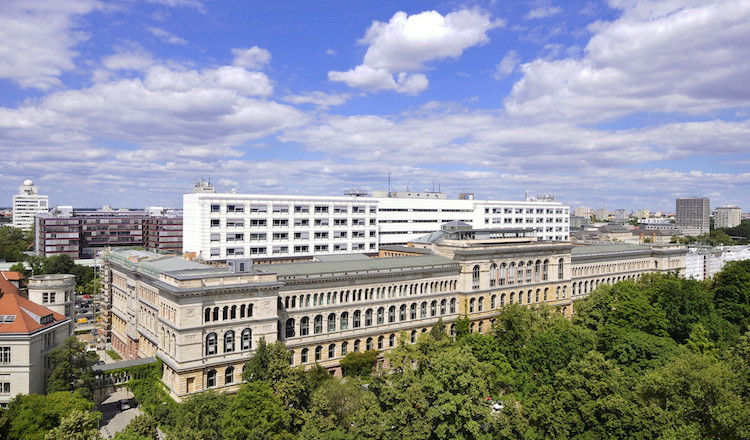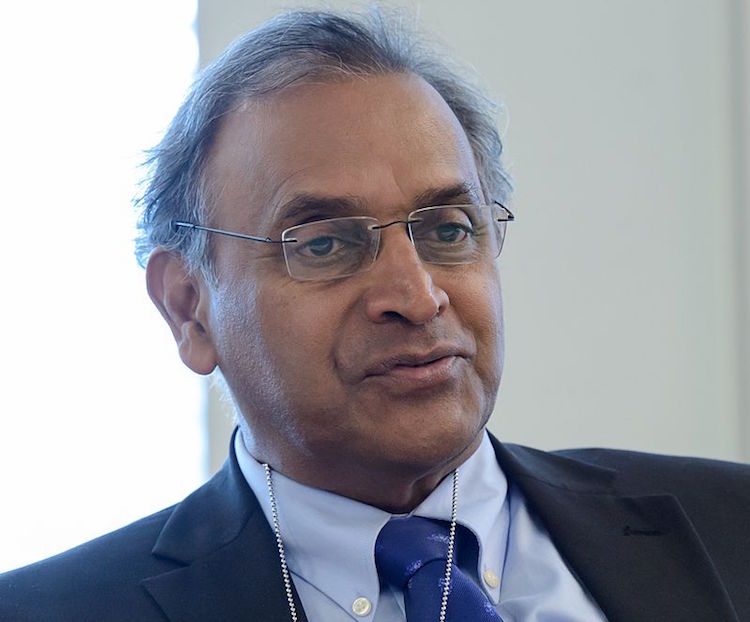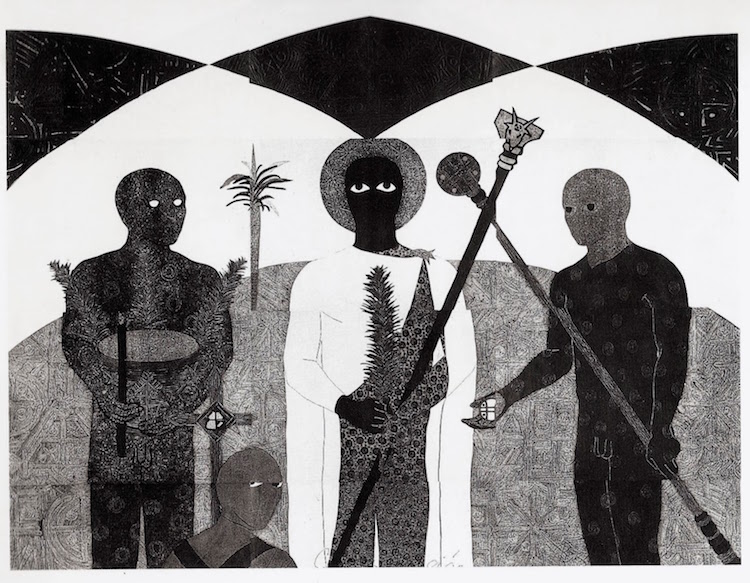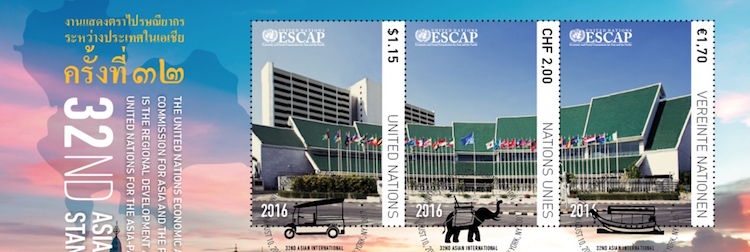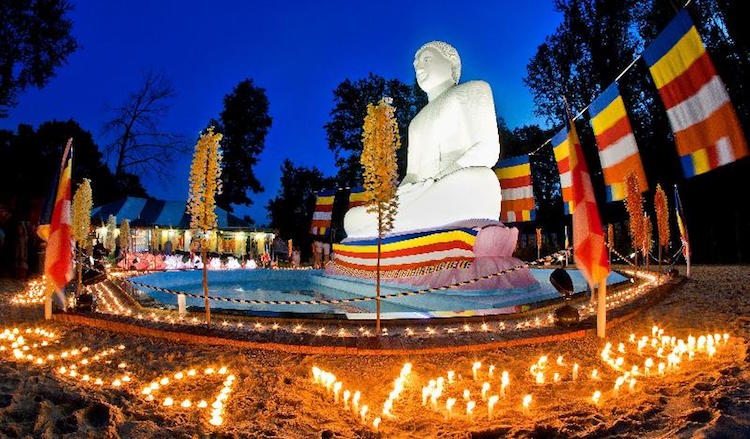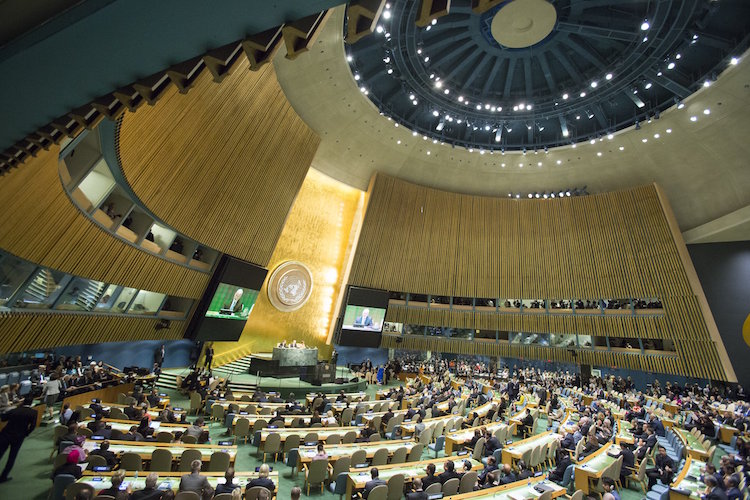By Jaya Ramachandran
ROME (IDN) – The UN Food and Agriculture Organization (FAO) has warned that declining prices could obstruct international efforts to eradicate hunger and extreme poverty, and called for necessary steps to guarantee decent incomes and livelihoods for small-scale producers.
“Low food prices reduce the incomes of farmers, especially poor family farmers who produce staple food in the developing countries. This cut in the flow of cash into rural communities also reduces the incentives for new investments in production, infrastructure and services,” said FAO Director-General José Graziano da Silva at a high-level meeting on agricultural commodity prices in Rome.


